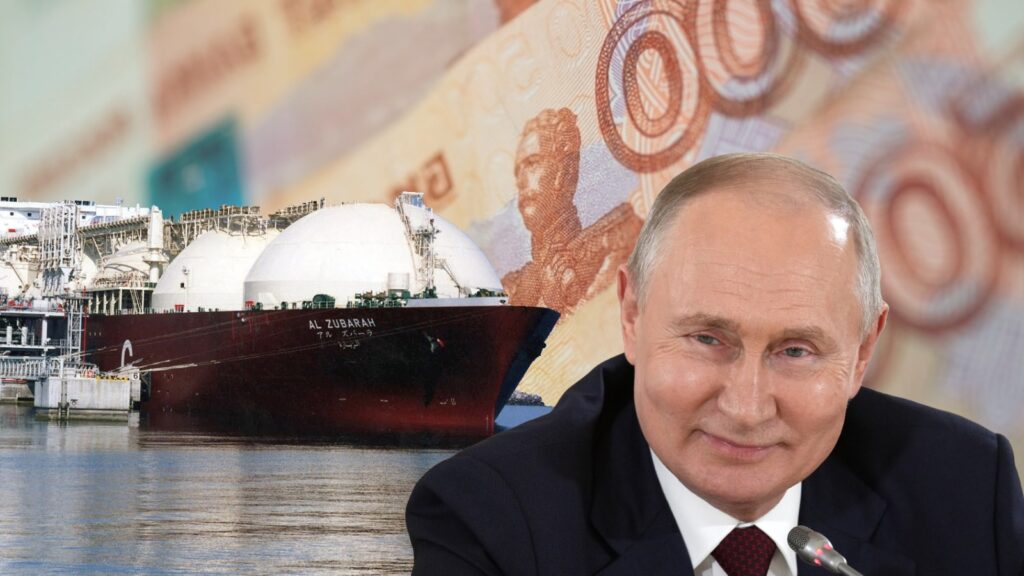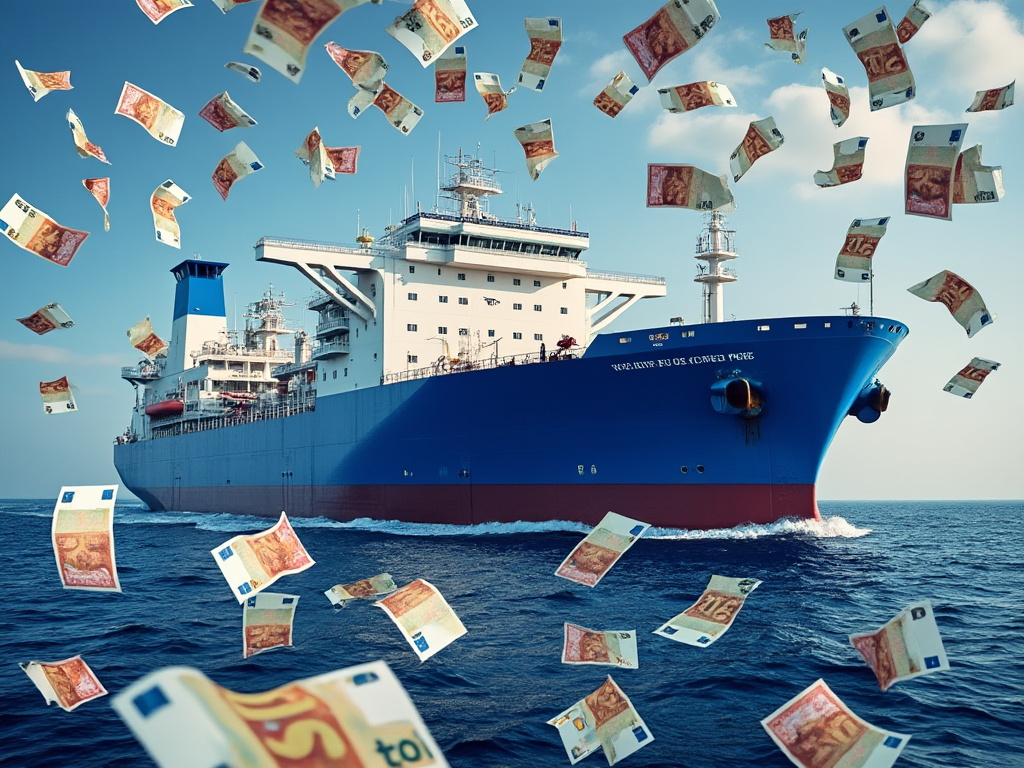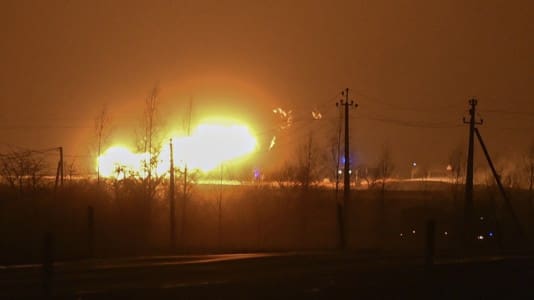Russian oil is being shipped through the Aegean Sea on an industrial scale, reports Magyar Nemzet.
“On the coast of Greece, one million barrels of Russian oil per month become non-Russian oil,” Olivér Hortay posted on social media. The head of Századvég’s climate and energy policy department said a recent report has revealed that Russian oil is being traded on an industrial scale in the Aegean Sea and the authorities do not really know what to do with the situation. If the Greek Navy shows up, the parties simply continue their activities elsewhere.
According to the expert, this once again shows that if both the seller and the buyer are motivated to exchange a product, then the embargo is ineffective. “No matter how broad and strict the sanctions are, the parties will find a way to get around the limits,” he emphasized.
Sanctions have also proven ineffective on Russian liquefied natural gas (LNG), as the EU is buying more than ever before. This is because the embargo does not apply to Russian LNG destined for the European Union, but only to shipments for resale from member states. So what is not resold by member states remains in the EU.

RELATED: Russian oil continues to flow, but how?
Belgium recently suggested that an EU tracking system should be introduced. LNG shipments have doubled in the country’s ports. According to De Telegraaf’s previous coverage, in September the Dutch energy minister also reported that since the summer, twice as many ships carrying Russian LNG have docked in Rotterdam, which, in his opinion, is a “worrying and undesirable development.”
France and nine other member states have also written to the European Commission to make a proposal to tighten the reporting obligations of storage companies and transport companies.
Before the adoption of the 14th sanctions package in the summer, the Russians started playing the same game with liquefied gas as they did with oil. They started building a shadow fleet and founded new insurance companies to redirect shipments.
The European Parliament recently published a resolution in which it demanded more targeted EU sanctions against the Russian shadow fleet, which would cover everything from ships and their owners to banks and insurance companies.
MEPs are also calling on the EU and its member states to ban all imports of Russian fossil fuels, including LNG.






